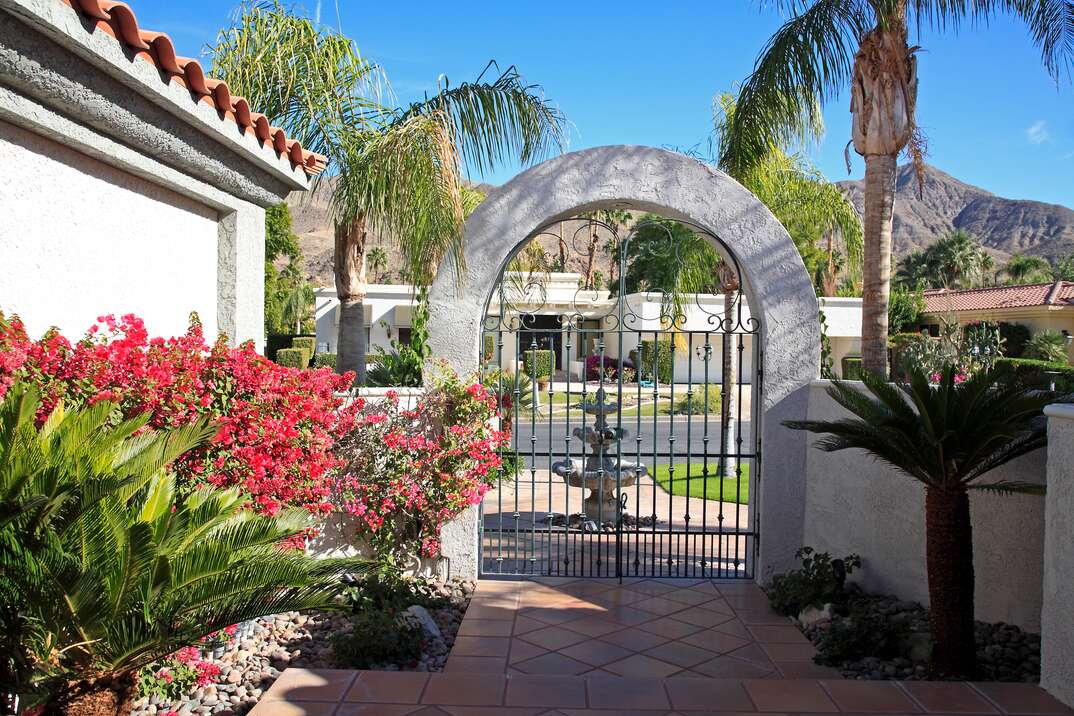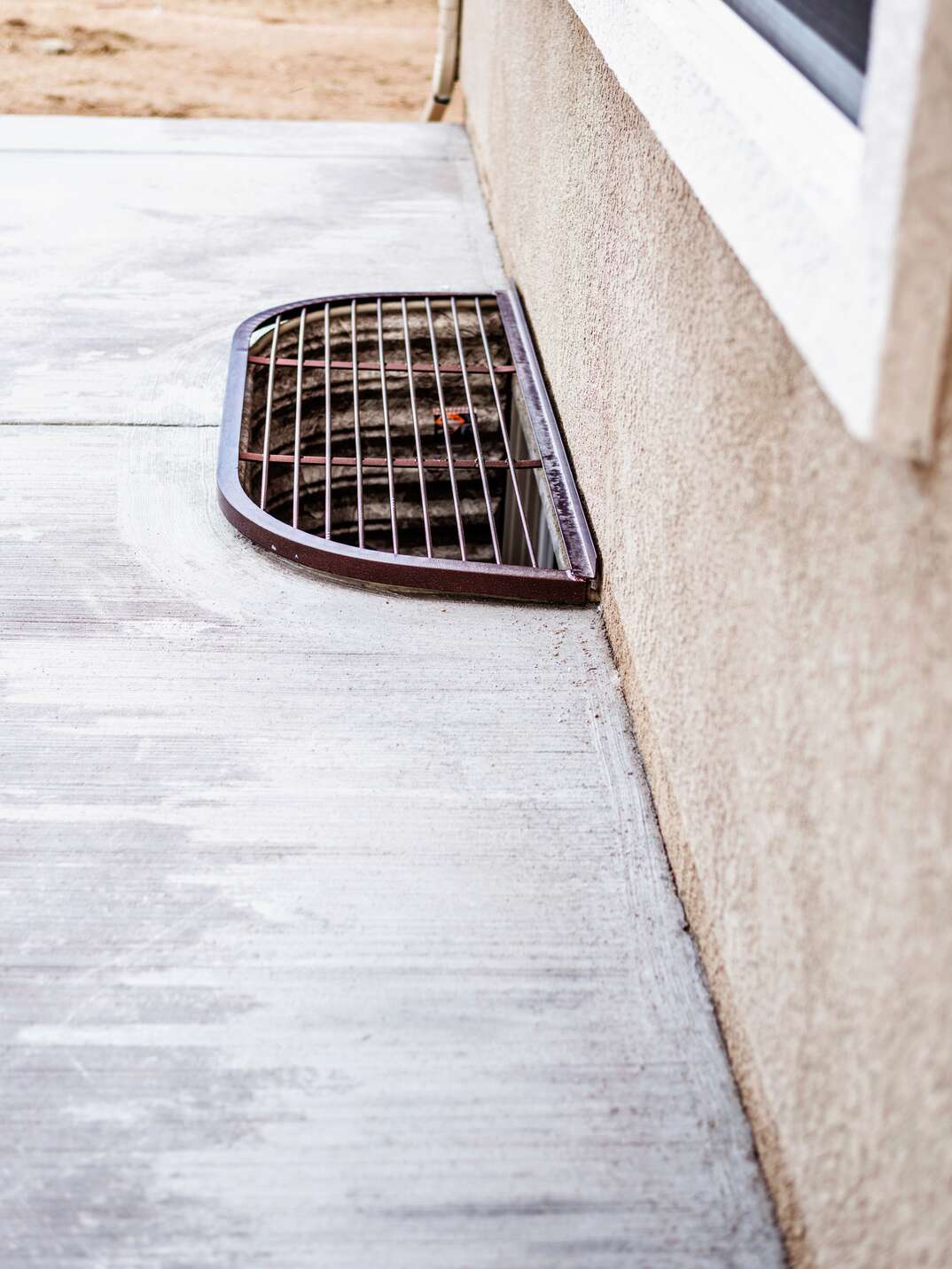How Much Does a Pool Heater Cost?

Pool Heater Costs at a Glance
- Average total cost: $3,000
- Typical price range: $1,000-$4,000
- Installation cost: $500-$1,000
- Solar-powered pool heater: $2,500-$9,000
- Electric pool heater: $2,000-$7,000
- Gas/propane pool heater: $1,500-$6,000
- Monthly operating costs: $50-$500
Pools are a great way to cool off, but not too many people want to take a dip in ice-cold water. Whether you like to keep your pool on the cool side or instead prefer to feel like you’re stepping into the bath, the temperature control afforded by a pool heater makes installing one an idea you might want to start warming up to.
This May Also Interest You: How Much Does an Above-Ground Pool Cost?
But with all of the choices available, where do you start, and is a pool heater even worth it from a cost-benefit standpoint? For the latter question, you’ll have to consider your household’s needs. If a pool is something you want to use year-round, or at least in early spring or fall as the weather changes, then a pool heater is probably worth it.
If you only plan on swimming in the dog days of summer, then you might want to reconsider. But if you or someone in your family is particularly sensitive to cooler temperatures, then a pool heater could prove to be a good investment.
Pool Heater Pricing
The first factor in determining how much it’s going to cost to install or replace a pool heater is the size of your pool. There are also different types of pool heaters to choose from.
On average, to install or replace a pool heater it’s going to cost you between $1,000 and $4,000. Installation alone can start at $500 and run up to $1,000. The average pool heater costs nearly $3,000 for the heater and installation.
Like stepping into a nice, warm pool, it may be comforting to learn that, even if you already have a pool, it’s not too late to add a heater. Moreover, you needn’t fret about having to undertake some big, daunting project, as most in-ground pool heaters able to be installed in a single day.
Beyond the cost of the heater and installation or replacement, you also have to factor in how much it’s going to cost you each month to run a pool heater. That’s going to depend on the weather and also what type of pool heater you have. Expect to pay anywhere from a few extra bucks, for example, with a solar heater, up to $500 with an electric heater.
Pool Heater Costs by Type
If you’ve decided to install a pool heater, now you’ll have to figure out what type of pool heater to get — and they’re not all created equal. Some cost more to install, but are less expensive on a monthly basis, while others are less expensive to install, but will cost you more each month. Each works in its own unique way, with its own pros and cons.
Solar Pool Heater
Solar pool heaters operate by using solar panels to heat the pool water. The solar panels absorb heat from the sun and then transfer that heat into the pool water by way of a circulation system. Obviously, they need the sun to operate, so if you don’t live in a sunny area, this may not be the best option for you.
In addition to living in a sunny climate, you also need to have exposure to a sunny area — so if your property is very shady, getting results from a solar pool heater may prove difficult. The panels need a lot of space — generally around half the size of the pool’s surface.
You may think that, because it’s solar heat, it’s free — but that’s not entirely true. Solar energy is free, but you’ll still have to pay for the electricity to run the pump that circulates the pool water through the system. That’ll cost between $300 and $1,000 a year, depending on where you live and utility costs.
Installation will cost between $2,500 and $9,000 upfront. Because solar panels must be installed, permits are typically required. While solar heating isn’t the least expensive upfront, it can be less expensive to operate over time. It can also take up to a few days to install.
Electric Pool Heater
Electric pool heaters work by pulling heat from the air and transferring it to the pool water. It’s best for the outside temperature to be at least 55 degrees for the mechanism to work properly, though some models use scroll compressors to heat the pool even if the outdoor temperatures are lower.
Electric heaters can run you anywhere from $50 to more than $100 a month to operate, so they’re still a relatively cost-effective option. They also tend to be energy efficient. Installation doesn’t take very long, but can be pricier — ranging from $2,000 to more than $7,000.
Gas and Propane Pool Heater
These models will burn either natural gas or propane in a combustion chamber. Copper coils, are heated so water is warmed as it circulates and is returned to the pool. These options require neither a minimum air temperature nor exposure to the sun to function, so they tend to be more appealing to people who live in colder climates and like to be able to use their pools for more of the year.
Gas and propane heaters are more expensive to operate, costing between $300 and $500-plus each month to operate. They’re less expensive to install, however, averaging between $1,500 and $6,000, depending on pool size.
Operating Costs and Other Factors to Consider
When weighing all your options, it’s important to look at these factors:
Pool Size
Your swimming pool’s size is one of the biggest factors in determining what type of heater will work best.
Location
If you live in a sunny climate, a solar heater may be a good option, but if you live in cloudier climes, that may not be a good idea. You also need to consider whether you’re even permitted to have a solar heater where you live.
Cost
Do you want to save money upfront or save money in the long run? That’s something to think about as you consider your options.
More Related Articles:
- How Much Does a Concrete Pool Cost?
- Putting in a Pool? Here's Everything You Need to Know
- How Much Does It Cost To Build a Deck?
- Summer Home Maintenance Checklist
- What You Need to Know About AC Repair Costs
Frequently Asked Questions
Here are the answers to some commonly asked questions about pool heaters:
How Long Does a Pool Heater Last?
It depends on what type of heater you get. Gas heaters typically last six to seven years, though some can last up to 20 years. On average, pool heaters last around 12 years.
Does a Pool Heater Need to Run All the Time?
If you don’t plan on using the pool for a few days, you can lower your heater. If you’ll be going longer between uses, it’s OK to shut off the heater completely.
How Long Does It Take to Heat a Pool?
It can take anywhere from 24 to 72 hours to fully heat a pool.
As you weigh your options about what type of pool heater to get, it might also be a convenient time to consider protecting your home with a plumbing, electrical, or heating-and-cooling repair plan from HomeServe. Our hotline is available 24/7 to put your mind at ease when you need a home repair. You get peace of mind in knowing we’re only a phone call away when something goes wrong, ready to dispatch a licensed professional to your home.

.jpg)
